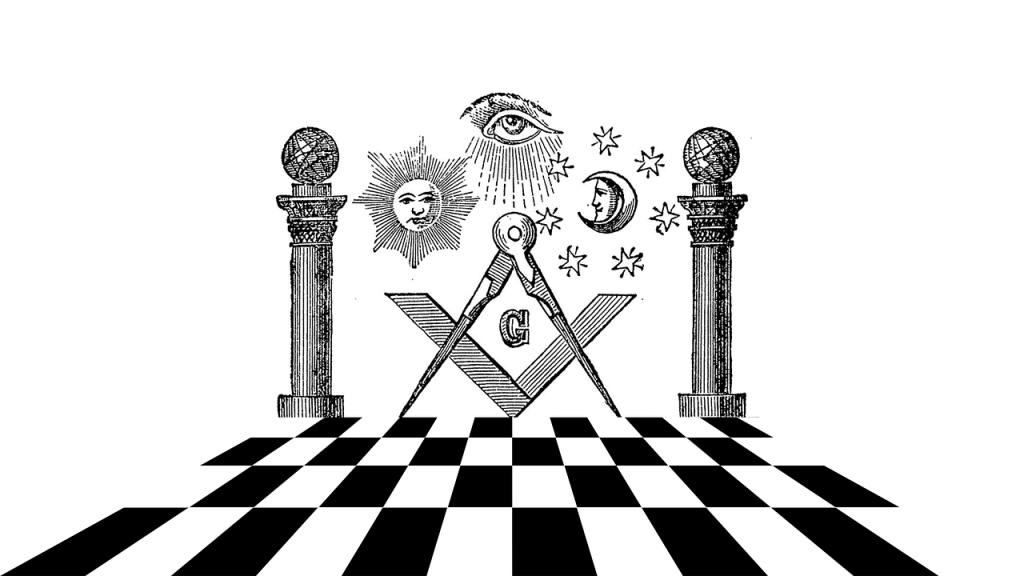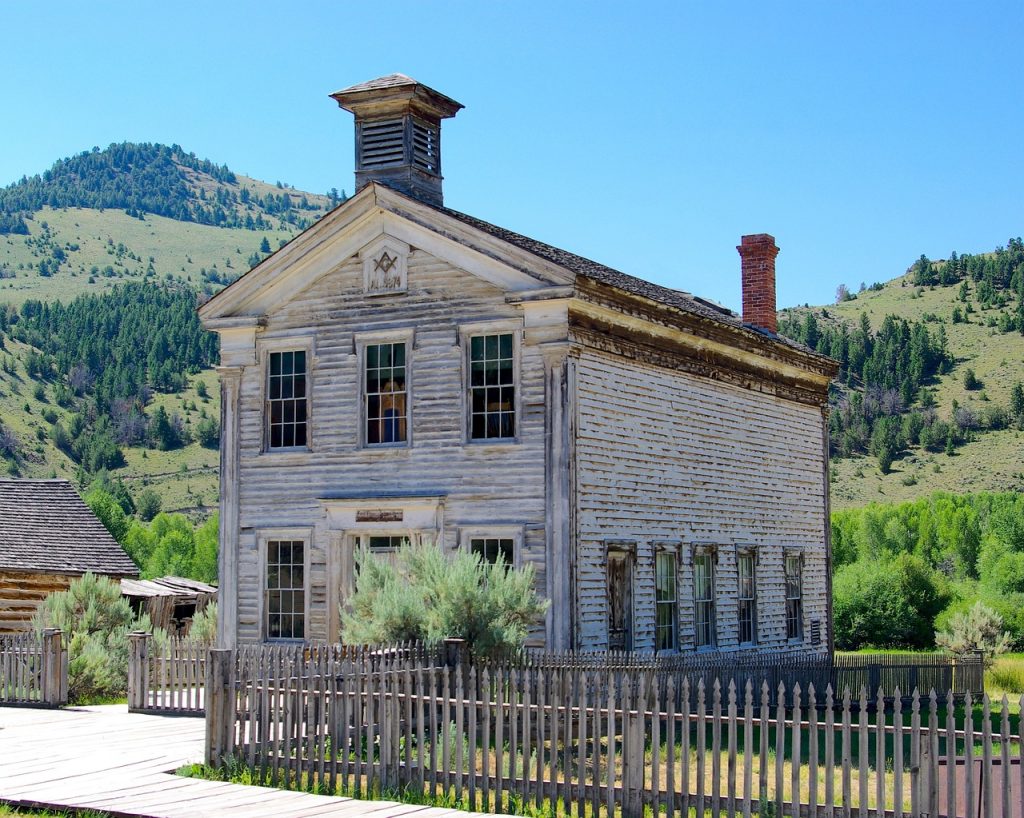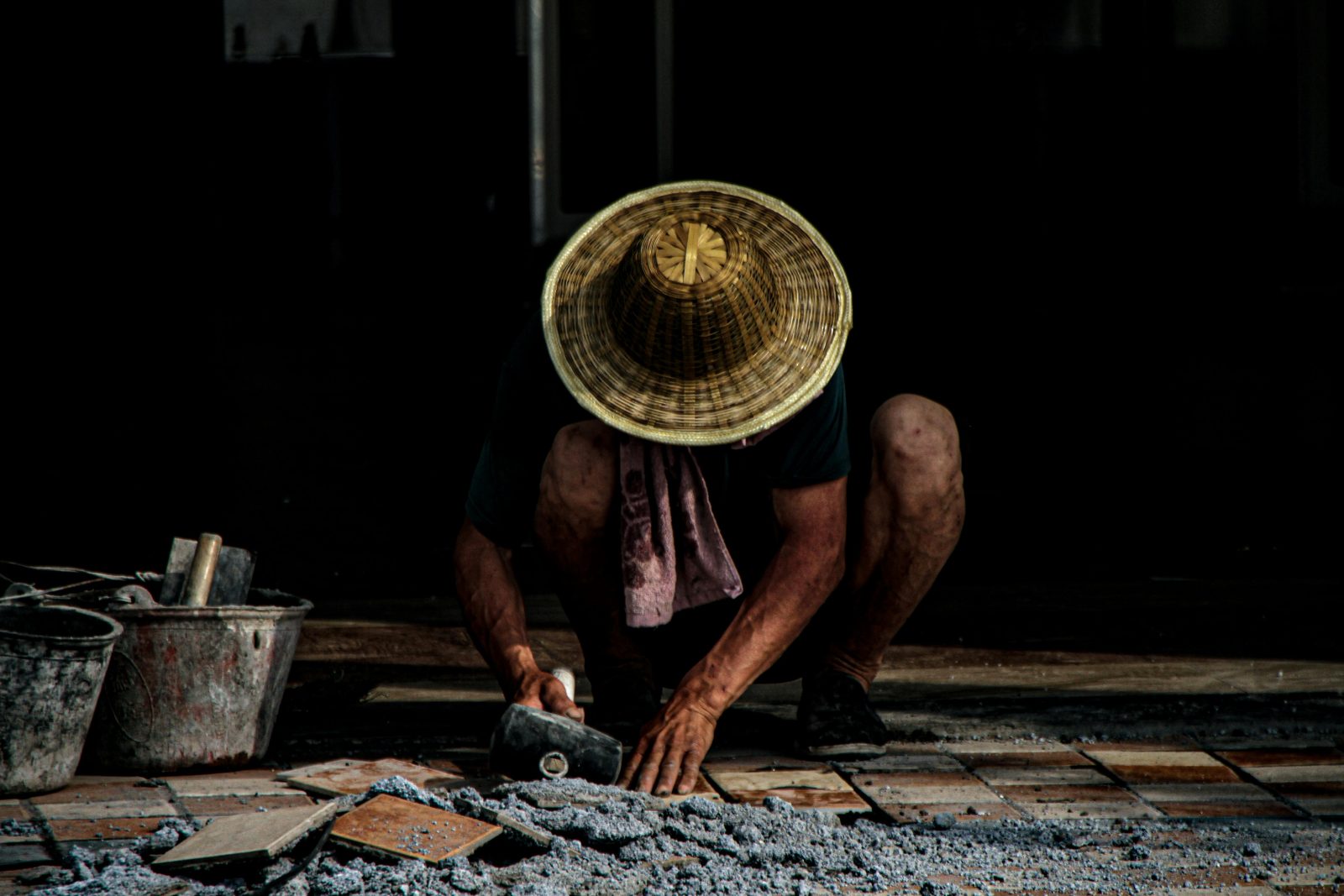With the mysterious Masons, people often wonder what the difference is between Masons and Freemasons. We have consulted a variety of specialized books and expert information to provide you with the following article.
Masons

“Mason” is a broad term that refers to a person who practices stonemasonry, which is the art and craft of building structures using stone as the primary material. Historically, masons were highly skilled craftsmen who were responsible for constructing buildings, bridges, monuments, and other structures using techniques passed down through generations.
FreeMasons

On the other hand, “Freemasons” are members of a fraternal organization known as Freemasonry or Masonry. Freemasonry is a worldwide fraternal organization that traces its origins to the local fraternities of stonemasons in the late Middle Ages and the Renaissance period. However, modern Freemasonry evolved into a more philosophical and charitable organization rather than a guild of operative stonemasons.
Freemasonry focuses on moral and ethical teachings, personal development, charitable work, and fellowship among its members. It uses symbolism and rituals, often derived from the tools and practices of operative stonemasonry, to convey its philosophical lessons.
History and Difference
Medieval Stonemasons Guilds (12th Century onwards):
Masons: The term “mason” historically referred to skilled craftsmen who worked with stone, particularly in the construction of buildings like cathedrals, castles, and bridges. These craftsmen were organized into guilds known as “masons’ guilds” or “stonemasons’ guilds.” They had trade secrets, specific skills, and a structured hierarchy within their guilds.
Operative Masons and Apprenticeship:
Operative Masons: These were actual working stonemasons who were skilled in the practical aspects of building with stone. They learned their craft through apprenticeship and were responsible for the physical construction work.
Apprenticeship: Young individuals interested in becoming masons would enter into apprenticeship contracts, where they would learn the skills and trade secrets of the craft under the guidance of experienced masons.
Transition to Speculative Freemasonry (17th Century):
Speculative Freemasonry: By the 17th century, the decline of actual stonemasonry work led to a transition within these guilds. Non-operatives, individuals who were not actual masons but interested in the philosophical, moral, and symbolic aspects of the craft, started joining the guilds. This shift marked the emergence of speculative Freemasonry.

Formation of Freemasonry Lodges (18th Century):
Grand Lodge System: In 1717, the Grand Lodge of England was established in London. This event is considered the beginning of organized Freemasonry as a fraternal and philosophical institution. Lodges began to form under the authority of grand lodges, and Freemasonry spread throughout Europe and eventually to other parts of the world.
Influence and Expansion (18th-19th Centuries):
Intellectual and Social Influence: Freemasonry gained prominence among intellectuals, politicians, and influential figures during the 18th and 19th centuries. It became a platform for discussing philosophical ideas, promoting moral values, and fostering brotherhood.
Spread to America: Freemasonry played a significant role in the formation of the United States, with many founding fathers being Freemasons. The ideals of Freemasonry, such as liberty, equality, and fraternity, influenced the early American society.
Alicia
Alicia is a passionate writer with degrees in English and American Literature. Her journey through the worlds of fashion, culture and design is as fascinating as her literary pursuits. Beyond literature, Alicia is equally an optimist who loves life. Whether it's photography, knitting, pottery, or yoga, she's willing to try it all. Beyond trends and labels, she advocate for sustainability and ethical fashion practices. She believe in the power of conscious consumerism, and she strives to highlight brands that prioritize environmental responsibility and social impact.
Recent Posts
The Ultimate Guide to Egyptian Jewelry
01/20/2026How to Style Flared Jeans for Any Vibe
12/18/2025Your Goth Christmas Style Guide
11/25/2025Categories
Related Articles
The Ultimate Guide to Egyptian Jewelry
Few civilizations captivate the imagination quite like ancient Egypt. From monumental pyramids...
ByAlicia01/20/2026A Guide to How to Train Your Dragon Species
Welcome, fellow dragon enthusiasts and aspiring Viking trainers! Have you ever wondered...
ByAlicia06/24/2025Grunge Aesthetic: A Style Revolution
The world of fashion is a cyclical beast, constantly re-inventing and re-interpreting...
ByAlicia06/03/2025What Is Health Goth
In 2024, “Health Goth” which is hot in 2010s gets back from...
ByAlicia05/27/2025












Leave a comment